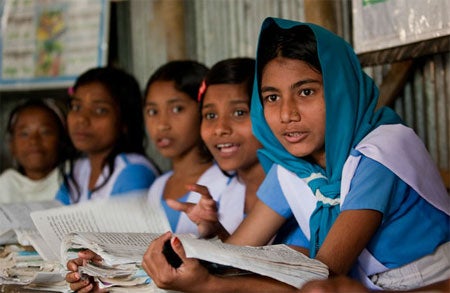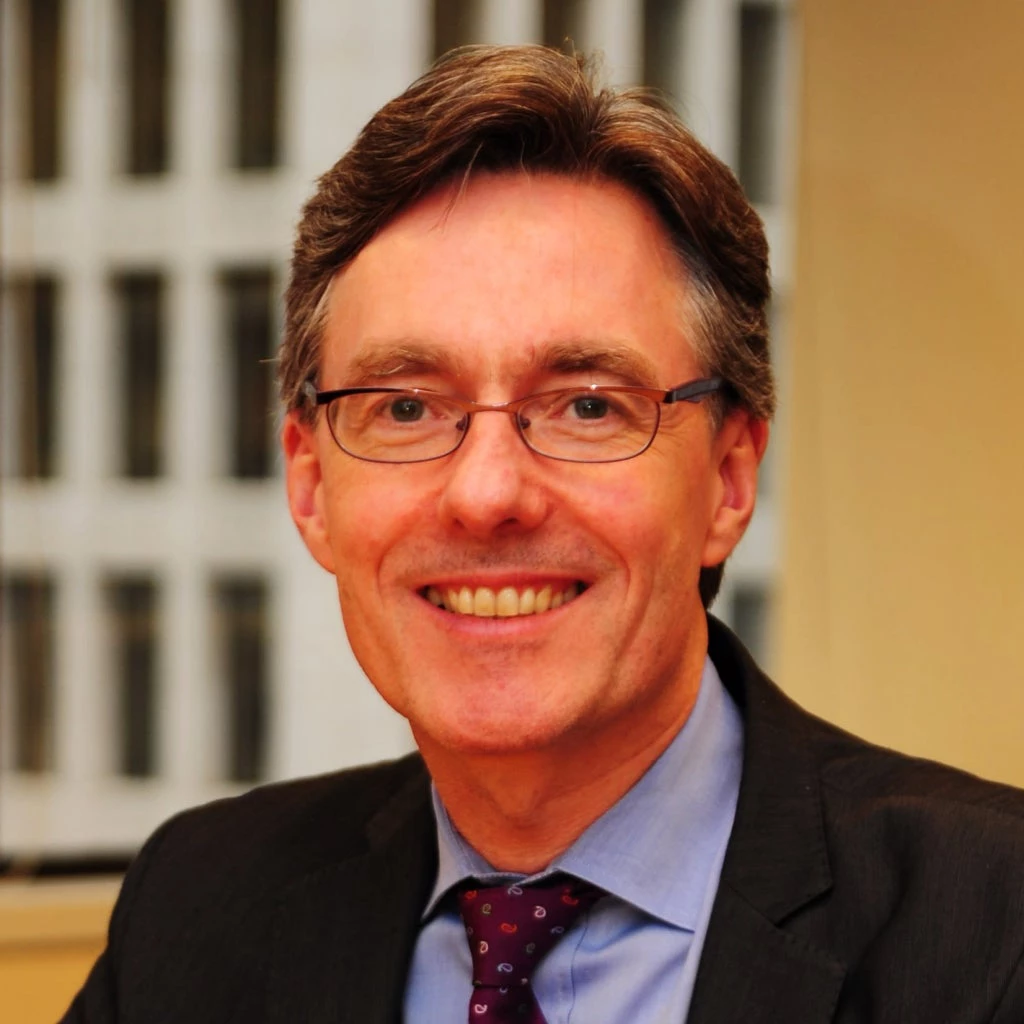Available in Español, Français, عربي
Speaking ahead of the upcoming World Bank-IMF Spring Meetings, Bank Group President Jim Yong Kim called on the international community to seize the historic opportunity presented by favorable economic conditions in developing countries and end extreme poverty by 2030. This is an exciting goal, and success in achieving it has become possible. Kim pointed to the International Development Association, or IDA, the Bank’s fund for the poorest, as central to the tremendous effort needed to make this happen.
Every three years, development funders and borrowing country representatives meet to deliberate and agree on IDA’s strategic direction, financing, and allocation rules, and we just kicked off this process for the 17th “replenishment” of IDA (which provides development financing for the period July 1, 2014-June 30, 2017).
Two days of open discussion in Paris on March 20-21 with both investors and borrowers covered the complex development agenda faced by IDA countries, as well as the fund’s strategic approach to dealing with these issues. We worked to chart a way forward for IDA to most effectively improve the lives of the roughly 1 billion people in IDA countries still living on less than $1.25 a day.
There was resounding consensus on the proposed overarching theme for IDA17—“maximizing development impact”—which commits us to helping this vast swath of extremely marginalized citizens by better harnessing the knowledge, financing, and partnerships that are integral to IDA’s unique business model. This includes tapping the potential of the entire World Bank Group in a more integrated and strategic way. Maximizing impact also entails leveraging private partnerships to generate more investment and jobs, and working with civil society to get communities more involved in their own development for deeper and more lasting results. (See paper on setting the agenda for IDA17.)
Delegates also examined IDA’s approach to intransigent issues like gender inequality, which puts a brake on development, and the impact of climate change. Both issues are intrinsically tied to poverty. We sought new ways to deal with growing hotspots of fragility that present security threats in many corners of the world, and to address the issue of rising inequality by expanding growth opportunities for marginalized groups. We shared ideas on how we can help countries transition from IDA when their per capita income reaches a certain level but they are still struggling with massive poverty. (See the other replenishment discussion papers.)
The Honorable Ken Lipenga, Malawi’s Finance Minister, talked about the role IDA is playing in his country, noting that “IDA support does reduce poverty and improve people’s lives.” Lipenga told delegates about the difference IDA has made to millions of his country’s citizens, for example, through better food security, support for women, and treatment and prevention of HIV/AIDs. IDA is constantly adapting to meet the evolving needs of Malawians and others.
There’s definitely an appetite for trying new approaches to IDA, and I am heartened by the truly multilateral nature of the conversation we had in Paris. And I know this spirit of collaboration for the common good will continue at our next replenishment meeting in July, where the global community has the potential, and the incredible opportunity, to grasp the opportunity of eradicating extreme poverty.
Resources
- What is IDA
- IDA17 Replenishment Discussion Papers:
-
- IDA Support to Transformational Projects with Regional Impact
- Effective Foreign Exchange Rates for Use in the IDA17 Replenishment
- IDA's Long Term Financial Capacity and Financial Instruments
- Follow-Up on IDA's Graduation Policy and Proposal for Transitional Support for Graduating Countries
- Issues Remaining from the IDA16 Mid-term Review Meeting
- IDA Results (by Country | Topic)
- IDA YouTube Playlist



Join the Conversation